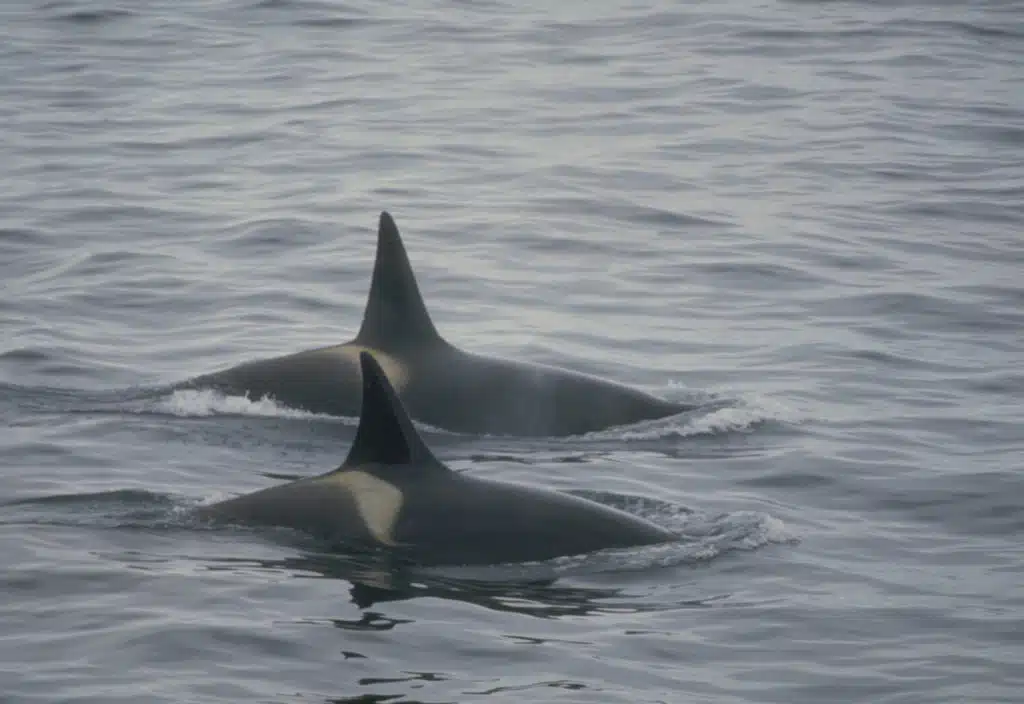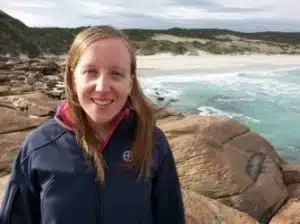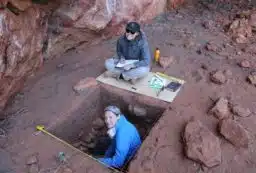Hungry, tired and probably quite cranky, humpback whales have revealed their need for personal space when making their annual 18,000-kilometre trek along the West Australian coast to Antarctica.
Janelle Braithwaite, a researcher at the University of Western Australia, has discovered that the whales need space not only from humans but also each other as they stop to gather strength at Exmouth Gulf, where tourism, mining and fishing threaten to disturb them at a critical point in their migration
“Small groups of whales, like mums with their calves, space themselves out across the Gulf, keeping an average of two kilometres from each other. This large area of personal space minimises social interactions and conserves the all-important energy whales need to complete their journey,” says Janelle, a PhD student at UWA.
Humpback whales travel great distances without eating. By the time they reach Exmouth Gulf, a sheltered area on the West Australian coast, they have not eaten for six months and still have three more months of travel ahead. Mothers take advantage of this stopover to nurse their young calves, ensuring they have enough energy to finish the next leg of the journey.
Janelle says if the mothers are too stressed to feed their calves adequately in the Gulf, they can run out of energy and die before they reach Antarctica.
“Ensuring these animals have enough space to rest will be crucial as human activity along Western Australia’s coastline expands,” she says.






 Fresh Science is on hold for 2022. We will be back in 2023.
Fresh Science is on hold for 2022. We will be back in 2023.